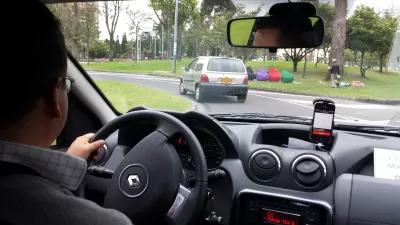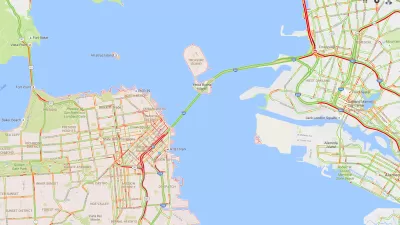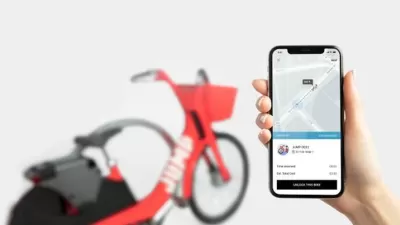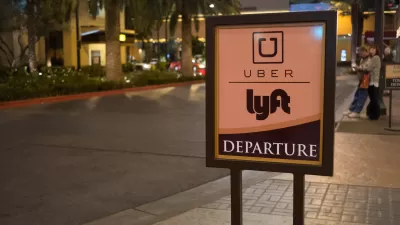With over 162,000 full- or part-time "driver partners" nationwide, Uber is an employment giant. The company's 20,000 Bay Area workers place it among the top five regional employers.

In the Bay Area, Uber has surpassed all except Kaiser, U.C. Berkeley, UCSF, and San Francisco itself in the number of people it employs.
Of course, definitions of employment vary: "Uber would be the first to say that those drivers are definitely not employees. Uber's 'driver partners' work as independent contractors. That means they don't receive such benefits as health insurance, overtime, paid vacation, workers' comp or disability, but they do have the freedom to set their own hours."
Employees or not, the company has begun to address the need for better communication between drivers and headquarters. From the article: "Uber said it will open walk-in 'partner support centers' throughout Northern California. It now has a center in San Francisco on Vermont Street and will add such locations as Daly City, where almost a quarter of local Uber drivers live."
"However, the company has been dogged by controversies including how it vets and trains its drivers. Drivers organized protests when Uber reduced fares and increased its cut. Taxi companies and lawmakers often complain that it flouts regulations." Taxi owners are concerned that Uber devalues the city-issued medallions giving them the right to operate a cab.
FULL STORY: Uber among region’s biggest employers, but company begs to differ

Maui's Vacation Rental Debate Turns Ugly
Verbal attacks, misinformation campaigns and fistfights plague a high-stakes debate to convert thousands of vacation rentals into long-term housing.

Planetizen Federal Action Tracker
A weekly monitor of how Trump’s orders and actions are impacting planners and planning in America.

In Urban Planning, AI Prompting Could be the New Design Thinking
Creativity has long been key to great urban design. What if we see AI as our new creative partner?

King County Supportive Housing Program Offers Hope for Unhoused Residents
The county is taking a ‘Housing First’ approach that prioritizes getting people into housing, then offering wraparound supportive services.

Researchers Use AI to Get Clearer Picture of US Housing
Analysts are using artificial intelligence to supercharge their research by allowing them to comb through data faster. Though these AI tools can be error prone, they save time and housing researchers are optimistic about the future.

Making Shared Micromobility More Inclusive
Cities and shared mobility system operators can do more to include people with disabilities in planning and operations, per a new report.
Urban Design for Planners 1: Software Tools
This six-course series explores essential urban design concepts using open source software and equips planners with the tools they need to participate fully in the urban design process.
Planning for Universal Design
Learn the tools for implementing Universal Design in planning regulations.
planning NEXT
Appalachian Highlands Housing Partners
Mpact (founded as Rail~Volution)
City of Camden Redevelopment Agency
City of Astoria
City of Portland
City of Laramie





























